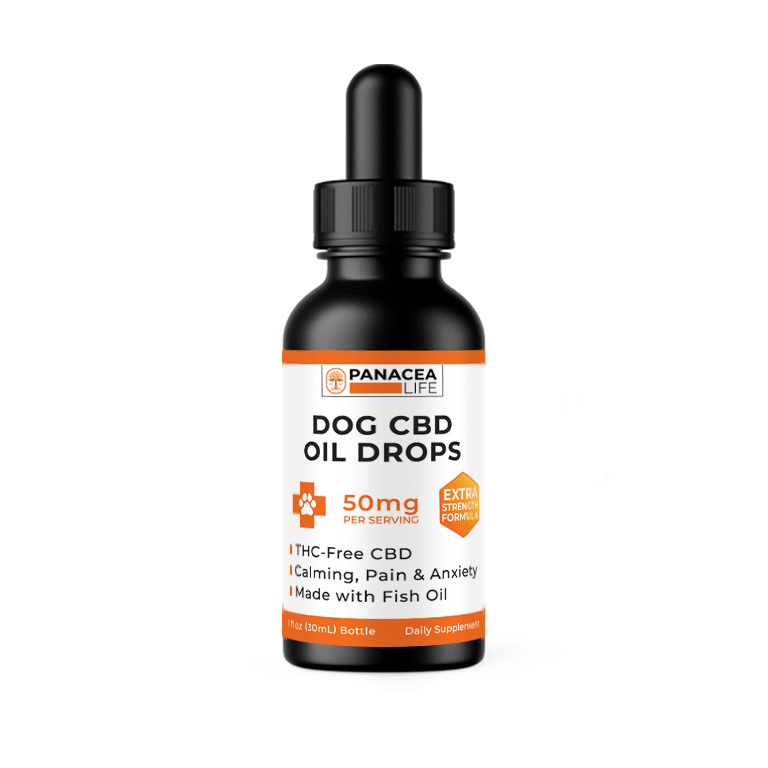Cat Cannabidiol (CBD). Sounds fancy, right? CBD tablets for cats has grabbed the attention of many feline fanatics looking for alternative solutions to common issues. Since the 2018 Farm Bill, which effectively made the cultivation and manufacturing of the hemp plant legal, CBD has garnered widespread popularity in many markets, and the pet industry is just one of them. At a glance, it may seem that dogs have received the majority of the attention in this area, but as it goes, the market is meeting the people’s demands and finally catering to cats as well.
But what exactly could CBD tablets do for cats? Is it safe? And most importantly, is it good enough for my precious? Any cat lover knows that cats are a whole different animal (pun intended) when it comes to pleasing your pet. They are intelligent, entitled, sometimes sassy individuals, each with their own unique preferences and demands—and we love them for it!
So, I repeat, cat CBD tablets for cats—fancy? Yes. But is it fancy enough for your purrfect cat? Let’s find out.

The Cat is Out of the Bag on CBD
CBD has become a household name over the last couple years, and for good reason. Budding research has demonstrated a variety of potential benefits, and the everyday individual’s personal accounts appear to align with these findings. But what is CBD?
Cannabidiol is a naturally occurring chemical compound derived from plants of cannabis genus. More specifically, it is 1 of over 113 cannabinoids found in the cannabis plant. Marijuana is another plant that falls within the cannabis genus, but you probably already know this because of its controversial history related to another infamous cannabinoid: tetrahydrocannabinol (THC). Up until 2018, CBD was federally illegal, largely due to its association with THC. However, all of this changed with the legalization of hemp, another plant of the cannabis genus that is naturally high in CBD tablets for cats and low in THC. So long as a CBD product contains less than 0.3% THC, it falls within the United States Department of Agriculture’s (USDA) guidelines.

-

Cat CBD Lotion
$12.95 Add to cart -

Canine CBD Softgels
From: $14.95 Select options This product has multiple variants. The options may be chosen on the product page -

Dog CBD Oil Drops
From: $9.95 Select options This product has multiple variants. The options may be chosen on the product page
The major difference between the two cannabinoids is the way in which they interact with endocannabinoid receptor cells in our brain. Our endocannabinoid system (ECS) essentially allows these cannabinoids to interact with various receptors in the ECS and produce varying reactions. THC is psychoactive. It binds strongly with the cells expression the cannabinoid-1 receptor (CB1R), producing what is commonly referred to as a “high.” CBD tablets for cats, on the other hand, is non-psychoactive. It binds very weakly with the CB1 receptor and does not produce a high. That being said, CBD certainly produces its own unique effects. After ingestion, people report feelings of calm and relaxation, as well as a positive lift in mood. This key difference is the main reason hemp was made legal by the USDA, and why we can all enjoy CBD and its many wonders today!
The Cat That Ate the Cannabidiol
Turns out, we’re not so different from out feline friends after all, they have an endocannabinoid system in their brain just like we do! This means that CBD tablets for cats can interact with their own endocannabinoid system, allowing our favorite furry friends to also reap the potential rewards this incredible gift nature has given to us.
Before we dive in, it is important to know that scientific research has yet to find definitive proof to support any claims that CBD tablets for cats can be used as a medical treatment or cure. However, preliminary findings support potential benefits, and more and more pet owners are reporting their own personal observations in the home. In particular, CBD has demonstrated anti-inflammatory properties, and a potential ability to reduce the frequency and severity of seizures, stimulate appetite, and relieve feelings of anxiousness.
Poor joint health is a common condition in cats, and particular in older cats. Research on CBD has consistently seen promising findings on CBD’s potential ability to relieve discomfort and aches related to inflammation. A 2016 study on rats found that four days of receiving transdermal CBD tablets for cats patches helped reduce the rats’ pain, as well as the swelling in the treated areas. Another study found that CBD prevented the progression of arthritis and protected “the joints against severe damage” related to chronic inflammation.
A nervous disposition is another common condition in cats. While our cats (unfortunately) cannot put into words their emotional experiences, there are reliable behaviors associated with anxiety. This includes increased or decreased activity, aggression, excessive meowing, loss of appetite, restlessness, and an increase in scratching behaviors. While the efficacy of CBD tablets for cats for anxiety in cats is largely based on personal accounts from pet owners, studies have demonstrated CBD’s potential ability to relieve feelings of anxiety in humans. Based on anecdotal support and preliminary research, it is possible that CBD may be able to help relieve your cats’ anxious behaviors, like aggression, restlessness, and loss of appetite.
Seizures are an especially interesting topic when it comes to CBD tablets for cats. Epidiolex was the first CBD–based medication to be approved by the Federal Drug Administration (FDA) for the treatment of seizures associated with rare forms of epilepsy. Unfortunately, studies on CBD for the treatment of seizures in cats is sparse, so conclusions can only be (carefully!) extrapolated from research on canines and humans. However, given that our cats have an endocannabinoid system similar to our own, it is possible that CBD may be able to help alleviate and maintain their seizures as well.
Did Curiosity Kill the Cat?
Now we arrive at what is arguably the most important question: is CBD safe for cats? In short, yes—and especially compared to pharmaceutical medications, which typically come with a longer and more severe list of side effects. Because CBD tablets for cats is 100% natural, it presents minimal risks, especially if you are vigilant and responsible when giving your cat the appropriate doses. Possible side effects include fatigue, increased thirst, decrease in coordination, decreased blood pressure, and slower heart rate. Mind you, many of these side effects make sense when looking at the particular ailments CBD may alleviate. A sense of relaxation and calm in a cat displaying feelings of anxiousness may look a lot like decreased activity and fatigue. Again, because research on CBD tablets for cats is only just beginning and we have yet to determine the long term effects, it is highly recommended and important that you speak with a veterinarian before deciding if CBD may be a viable option for your cat.













